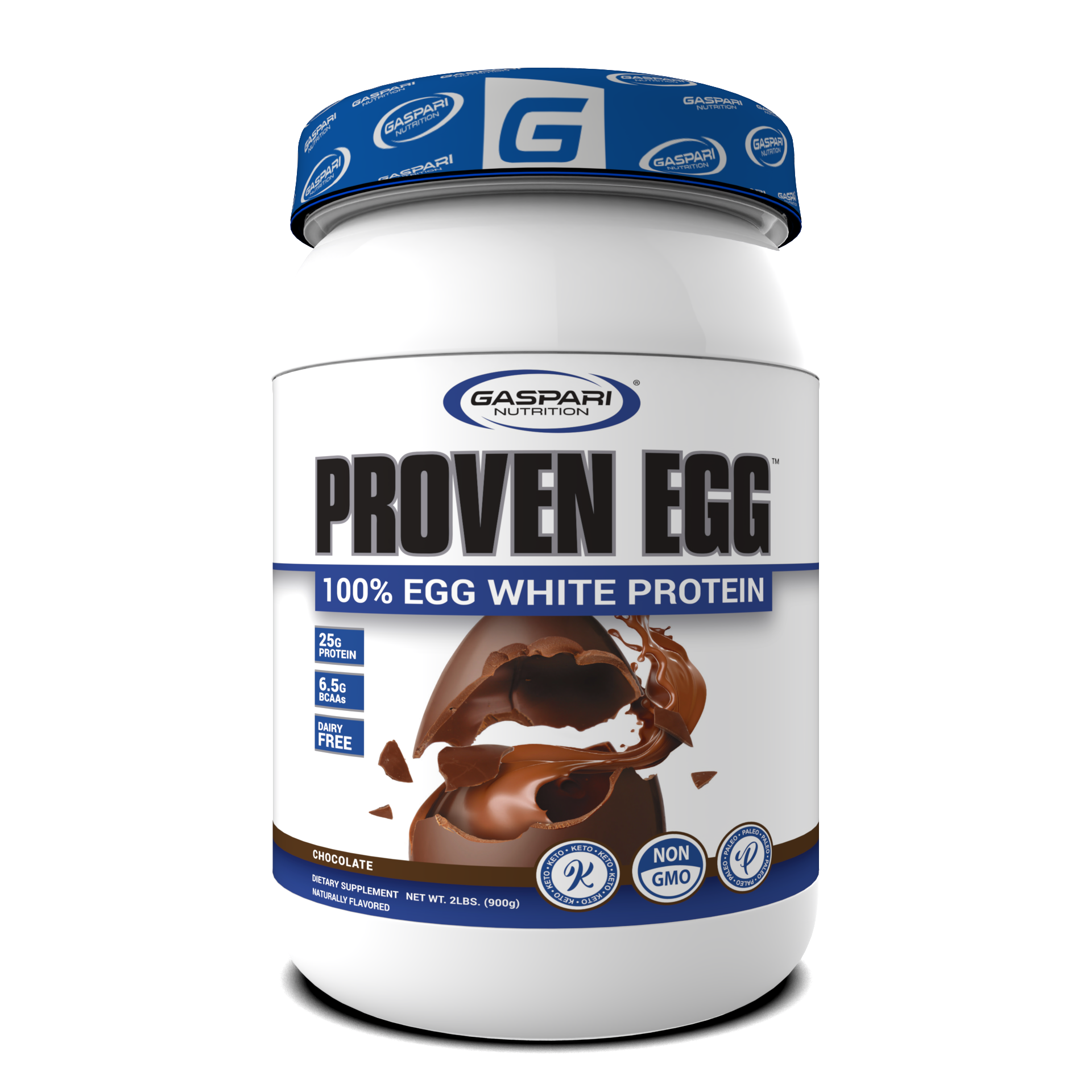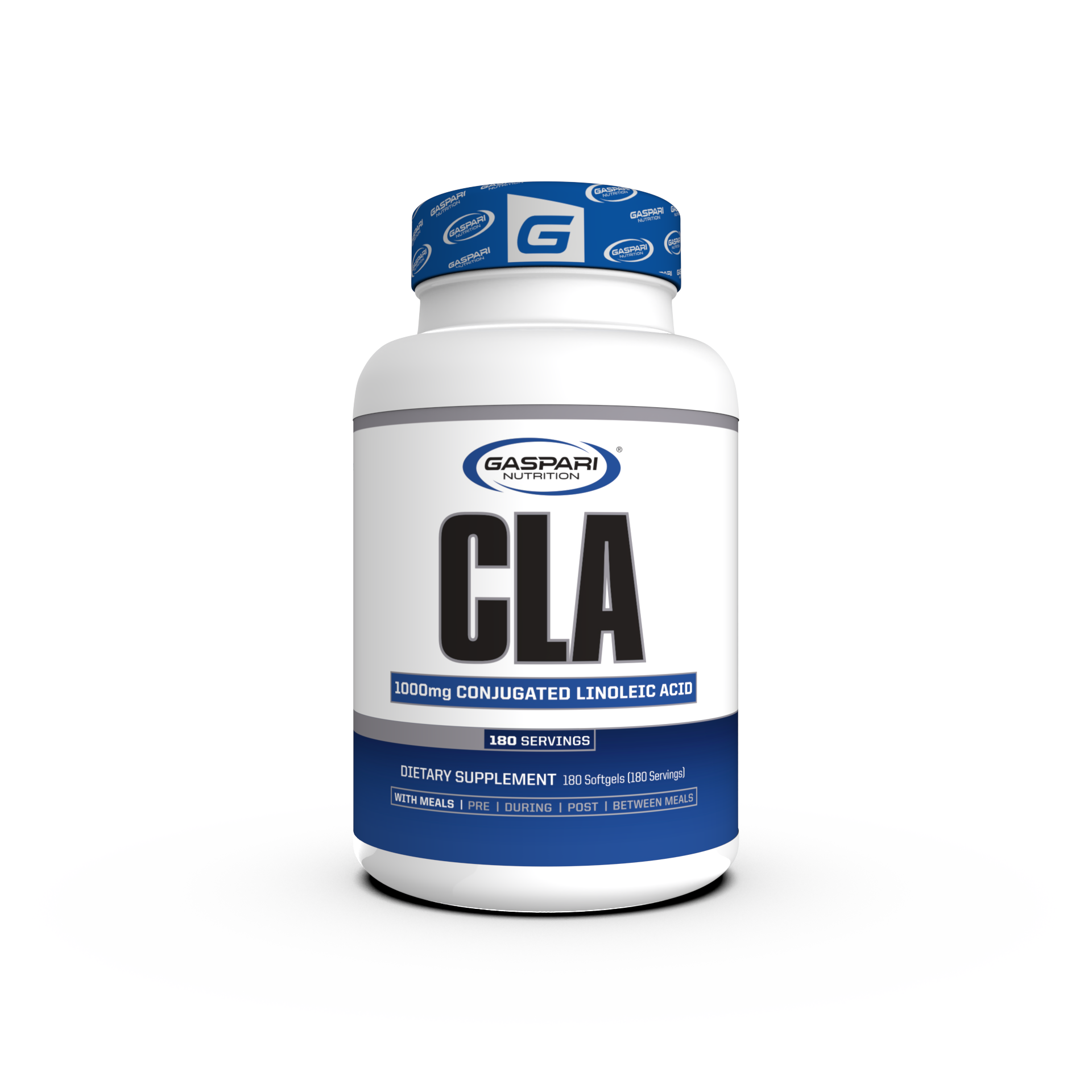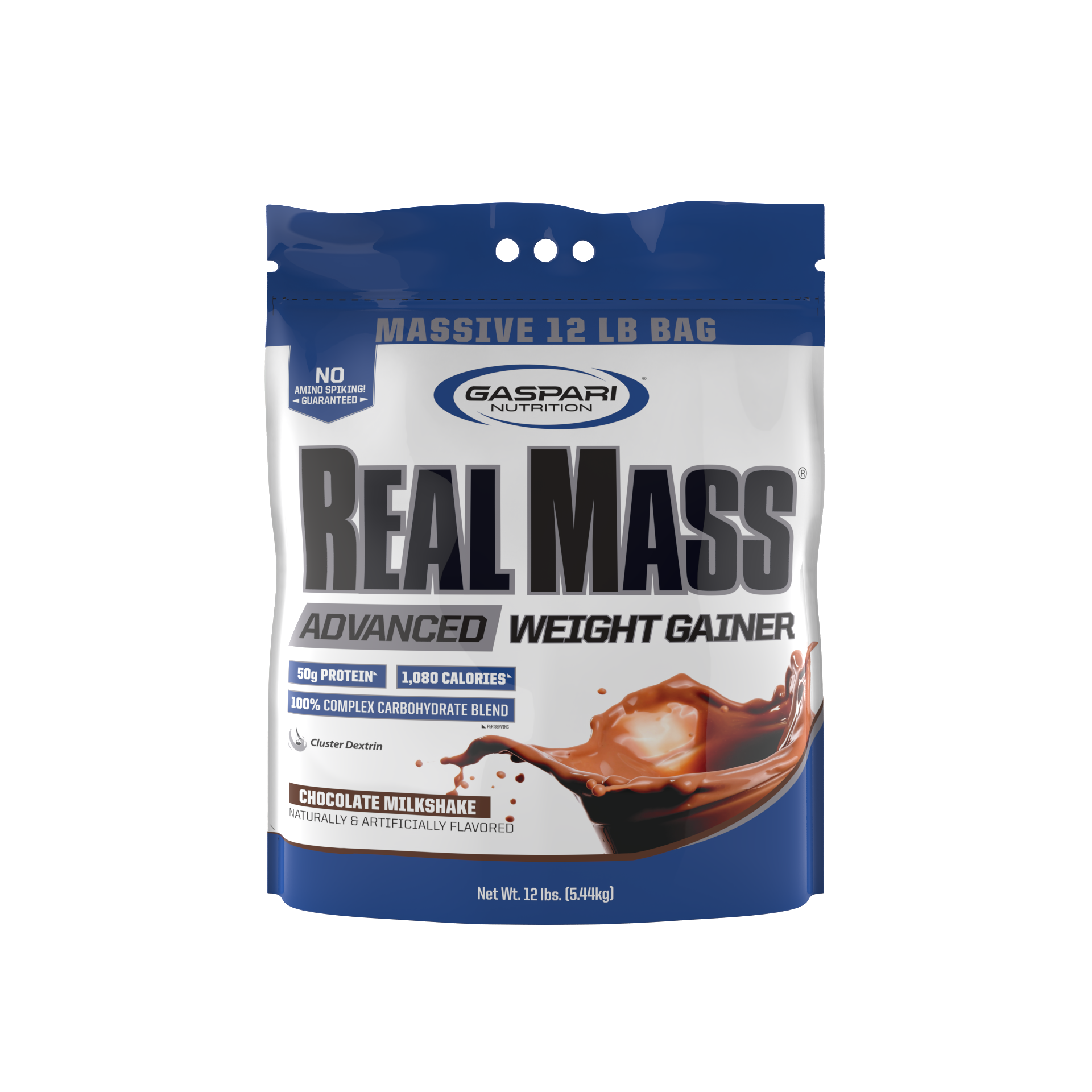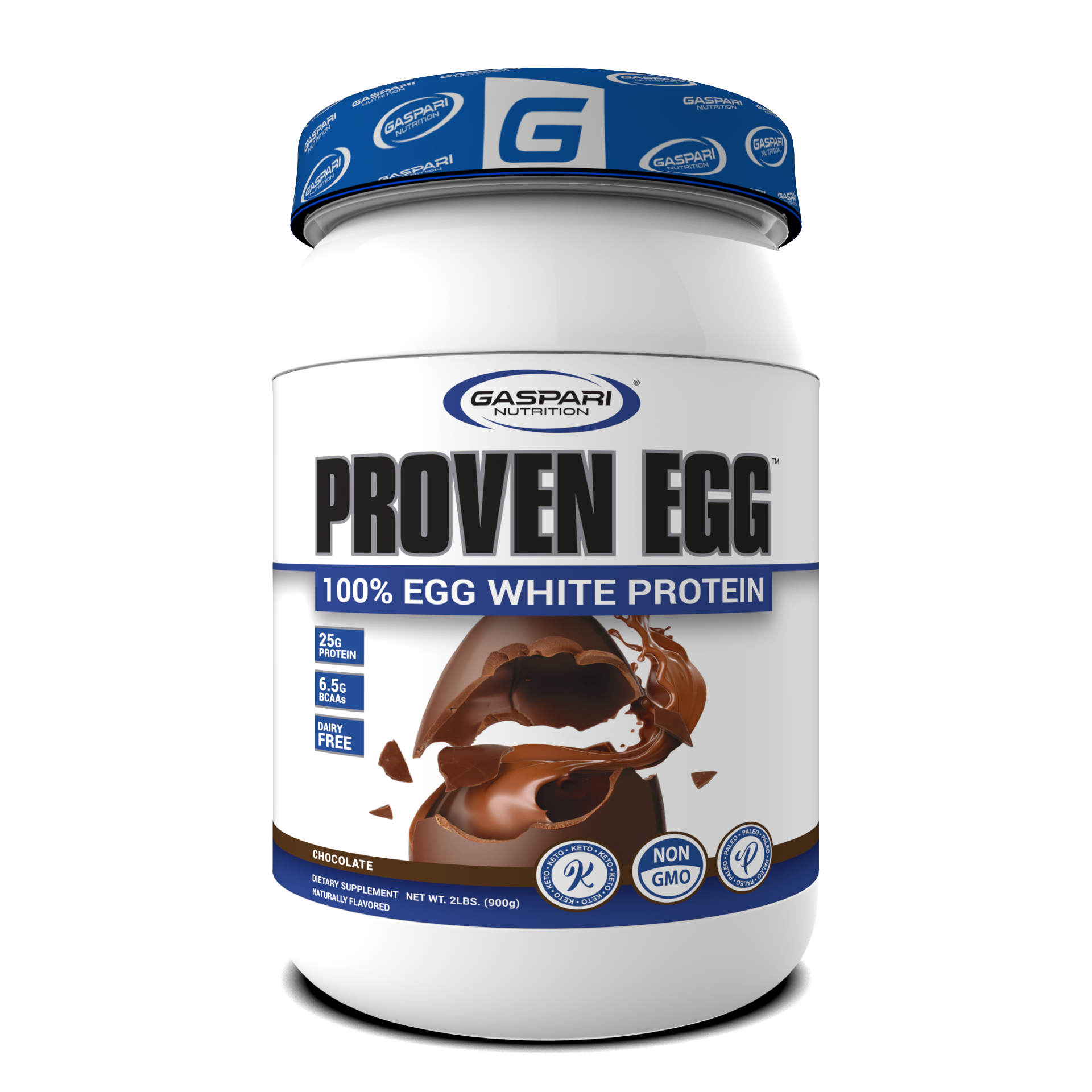Society is a fickle thing, with trends coming and going over time, impacted by culture, the upbringing of the incoming adult generation, technology, and much more. Many people make a very complex career out of studying, predicting, and, unfortunately, influencing trends in various directions.
This is a fact of life and has been why various decades, outside political and historical context, have various identities associated with them. Disco, mood rings and hideous appliance colors in the 70s, baggy pants and loud colors in the 80s, extreme sports and loud music in the 90s, the list goes on and on.
Trends aren’t just about what’s popular in the media, in fashion, in pop culture though. No, this trending also happens very much in fitness and exercise. Have we forgotten the fascination with jazzercise or Richard Simmons in the 80s? What about tae bo and martial arts in the 90s?
In the digital millennium, trends are faster. Oh, they’re so much faster, sometimes lasting less than a day. This isn’t quite so bad with fitness, though it’s gone from a part of a decade’s identity, to being an identity for a given year or, sometimes, season within a year. It can be a bit overwhelming to keep up with, and really, all you can do is stay informed. These fast-moving trends aren’t as easy to predict, and the influences that cause them are harder to isolate.
In that spirit, we’re going to do, really, the only thing that can be done, and talk about the top ten trends in fitness over the past couple years. If you’re a professional, these are things your clients are likely to ask for, or that if offered, will bring in more business. If you’re looking to shake things up in your personal routine, these may be options that interest you, and which your friends may already be into themselves. None of these are ineffective, nor are they the end-all solutions. They’re just what’s in for now, and this could change on a whim, so be sure to follow us to stay informed should that happen (spoiler: it will eventually).
#1 – Yoga
Yoga isn’t new to a list like this, as it’s come and gone from popularity multiple times throughout the past half a century. The first western demographic to embrace this and other eastern techniques is commonly associated with the 60s and 70s “hippie” counter-culture. Yoga isn’t a workout so much as a stress relief and stretching routine, which are good things.
It’s not for everyone though, as the more advanced poses contort you like the proverbial pretzel.
#2 – Functional Fitness
This one’s an interesting mix of psychology and fitness science, and we’re not going to knock it. Fitness enthusiasts and those with an athletic bent don’t need motivation beyond achieving the goal of fitness, to keep them going. Average people are going to expect practicality out of it. Functional fitness aims to tick these boxes. A prime example is squats tone you for the daily activity of bending down to get your phone. Lifting is another example of being practical because it helps you carry in your groceries.
It’s all about the context of exercise improving daily quality of life. It’s clever, if a bit on the nose.
#3 – Wearable Technology, ARG
The mobile revolution snuck up on us, and left us with an enduring legacy in the form of being online everywhere, and having compact wearable technology. These include smartwatches, fitness trackers, and their integration with our smartphones. This technology can help us keep a better eye on the impact of our workouts, but what’s more interesting is the ARG (augmented reality game) aspect. Apps exist that gamify fitness and encourage hiking, running, high-impact workouts, and much more.
Yes, even the infamous Pokemon Go, for all its nuisances, encourages kids to go outside, to get some exercise to track down those digital creatures they so adore. With new technologies on the horizon, wearable technology is only going to get smarter, and the ARG engagement potential greater.
#4 – Group Training
This trend is nothing new either, as “[insert exercise style here] classes” are something people have pursued for decades, from aerobics to Pilates to yoga and more. However, with this bizarre focus on ramped up social interaction in recent times, these classes (of five or more people, with an instructor, and allowance for varied experience and skill) are on the rise. These may not be the best for the antisocial or self-conscious, or they may be a good therapy to overcome these psychological hurdles.
#5 – High-Intensity Interval Training (HIIT)
This trend is not an easy approach – it will run you ragged. But the thing is, this is excellent for people with hectic, loaded schedules, or who just value their time. Like the description would indicate, HIIT is a short-timed (a half hour or less) exercise routine. It’s very intense and relentless. HIIT mixes aerobics, high and low impact reps, lifting, and whatever else you may need to do.
It’s exhausting, and you will feel it afterward, but it’s efficient. It also doesn’t give your body time to slow back down and enter recovery mode like longer exercise sessions with rest periods may. This is not ideal for the elderly or those with certain health conditions, and may not be suitable for those just beginning an exercise regimen.
#6 – Bodyweight Training
Everyone’s heard the King-Fu cliché of using one’s opponent’s weight against them. It’s a truism, that’s how physics works. It also works great for exercise and requires no special equipment. Just working against your own weight through squats, sit-ups, pull-ups, push-ups and other exercises where you’re working against your weight and gravity.
There are so many different exercises you can try with this, and even if you’re not a bulky nor heavy person, it’s all pretty relative.
#7 – Strength Training
Strength training is something all fitness regimes need. It focuses on keeping muscles toned, endurance in place, and working out your entire body. This type of training helps fight the ravages of age and entropy.
#8 – Personal Trainers
Personal trainers aren’t new, but they’ve become more affordable, accessible and sought after in recent years, and the benefits are apparent. If you hit it off well with your trainer, a professional and constructive friendship can be cultivated. They can personalize the exercises and their motivation to your specific needs and personality!
#9 – Certified, Experienced Professionals
We can’t believe this is only a recent trend. The advice of certified, educated fitness professionals is becoming more of a priority in gyms, in fitness and nutrition stores, in athletic environments, and so on. A bigger push for regulation and education of the general populace has gained momentum as well, and what can we say? Knowledge is more valuable than gold!
#10 – Older Adult Programs
This trend again isn’t new, but it’s really catching on. Fitness programs and classes for older adults (40 and over), often by older adults, is a very positive new trend. Targeting areas of the body ravaged by age, such as joints or the heart, and encouraging overall endurance, help the older and the elderly live longer, healthier, more enriching lives. Everyone deserves that!
To learn more about these trends and others we think may be coming in the near future, follow us on Facebook today!
The post What Is The Next Big Thing In Fitness? appeared first on Gaspari Nutrition.













































































Share:
What Are The Benefits Of Different Push-ups?
Tips To Lose Weight With Dips